Lies of Opposition Falling Apart; Congress unsure of their ‘vote chori’ claim?
Is the opposition undermining its own narrative by raising allegations of vote theft without presenting substantive proof before the courts or the Commission?
Total Views |
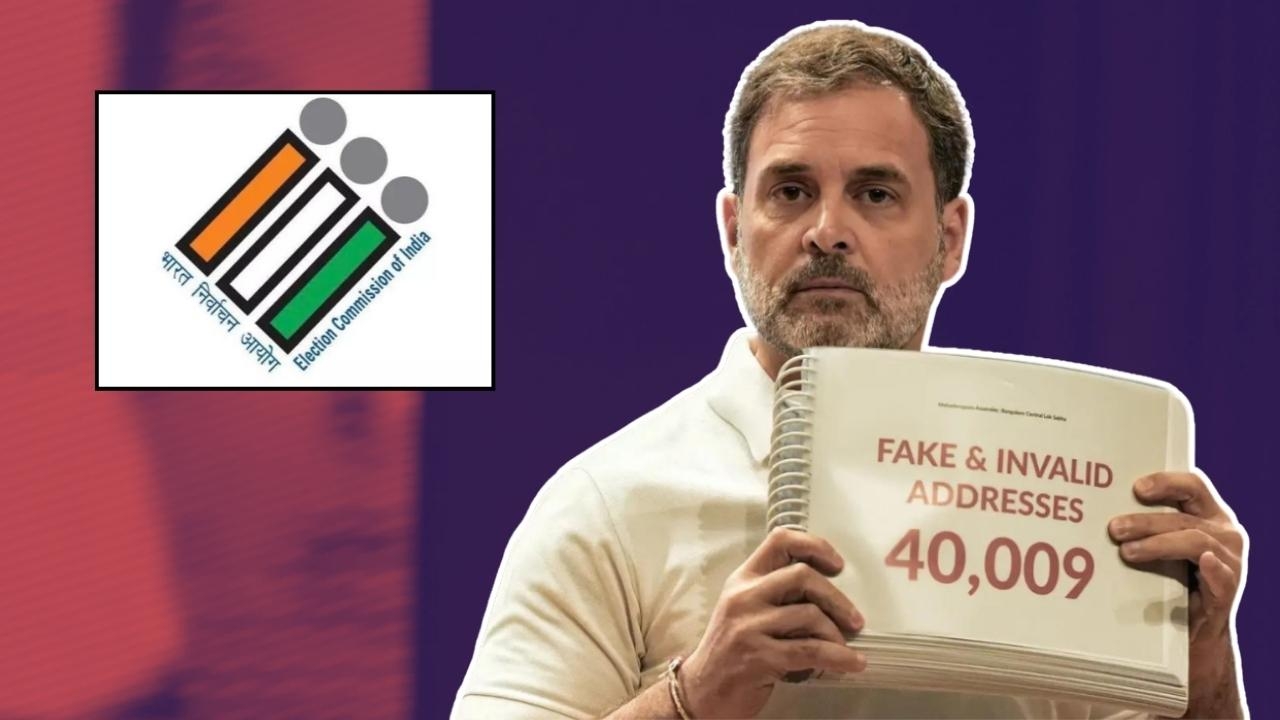
On the 17th of August, the Election Commission of India hit back at Congress MP Rahul Gandhi and other opposition leaders, rejecting their allegations of vote theft and concerns related to SIR in Bihar as "misleading."
Addressing a press conference, the CEC rejected as baseless the allegations of double voting and “vote theft” and asserted that all stakeholders are working to make the Bihar Special Intensive Revision (SIR) of electoral rolls a success in a transparent manner.
It is a matter of grave concern that some parties and their leaders are spreading misinformation on SIR in Bihar. EC exhorts all political parties to file claims and objections on draft electoral rolls in Bihar; 15 days are still remaining.”
The Thread of ‘Accusations’
The Election Commission of India (ECI) was accused of “criminal fraud” by Rahul Gandhi in the recent attack. He alleged that more than 1 lakh bogus votes were cast in the Mahadevapura Assembly segment of the Bangalore Central Lok Sabha constituency to guarantee the Bharatiya Janata Party (BJP) victory in the general election of 2024.
Rahul Gandhi specified five distinct methods of “vote chori”, including the improper use of Form 6, duplicate voters, bulk votes at a single address, phoney and incorrect addresses, and invalid pictures.
The Congress won all the Vidhan Sabha (six out of seven) except Mahadevapura, where the BJP swept and secured a victory margin of 1,14,046 votes. This seat significantly contributed to their election win, and the Lok Sabha result went in their favour on that seat,” the Leader of Opposition in the Lok Sabha said.
The remark explicitly demonstrated his irritation with yet another loss in the general election, which the Congress leaders celebrated as an exceptional victory with 99 seats. However, it seemed that the party eventually realised that it was indeed a failure, culminating in the current frustration.
The Karnataka Chief Electoral Officer (CEO) treated the accusations with gravity and requested that he submit his evidence under oath. “I am a politician; what I say to the people is my word. I am saying it to the people publicly; take it as an oath. Interestingly, they haven’t denied the information,” the Rae Bareli MP responded conveniently.
This serves as a prime illustration of political hit-and-run tactics used by the opposition, where they make critical allegations without accepting any accountability or presenting proof. The same was evident in the Pegasus affair, the Rafale deal and various other instances where even the Supreme Court had to reprimand Rahul Gandhi for disseminating lies.
What did the Election Commission respond?
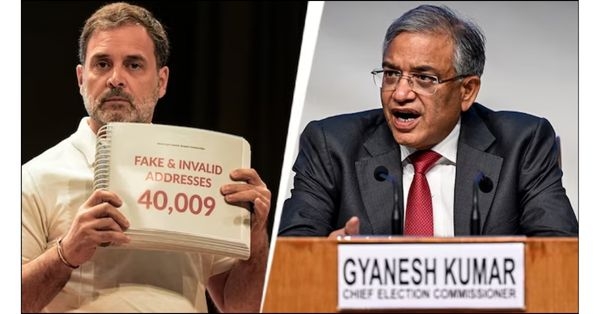
“Using words like ‘vote chori’ to mislead people is a disrespect to the Constitution,” the Election Commission also lashed out at the opposition. A period of 45 days following the elections is allocated for candidates to challenge any election results in the Supreme Court. Nevertheless, no such matters were brought up at that time.
“It is an insult to the Indian Constitution if election petitions are not filed within 45 days but allegations of vote chori are raised,” the Election Commission emphasised. It added, “During that period, no candidate or political party found any irregularity; then today, after so many days, the voters and people of the country understand the intention behind making such baseless allegations.”
“The machine-readable voter list is prohibited. This decision of the Election Commission is after the judgement of the Supreme Court and is from 2019,” it replied after Congress alleged that the Election Commission gave electoral rolls in formats intended to evade examination, such as digital files that were locked as non-machine-readable PDFs and reams of printed paper piled “seven feet high.”
Old claim, new PR stunt by opposition
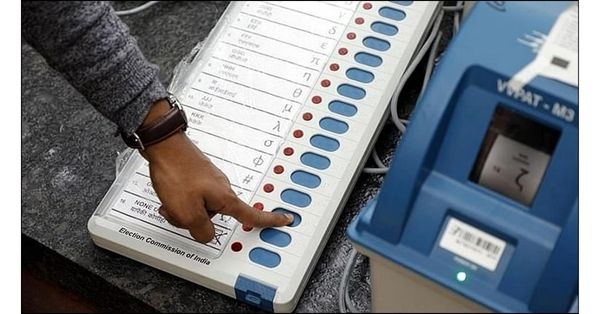
The Congress-led bloc’s penchant for ludicrous accusations concerning EVMs is neither new nor novel. This is a strategy that has been proven ineffective on several occasions in the past, but it continues to be employed repeatedly in the hope that the Indian populace will accept their preposterous statements and rally behind them.
Casting doubts on the electoral process began with attacking the EVMs not only during the Lok Sabha elections but also during state assembly elections. The victory of the BJP in the state assembly elections last year led to a renewed wave of allegations from Congress and the ecosystem. Notably, in a manner reminiscent of past events, the controversy only arose when the BJP won.
For example, the reliability of the EVMs came under scrutiny in the Haryana and Maharashtra assembly polls but not in Jharkhand or Jammu and Kashmir, where Congress partners Jharkhand Mukti Morcha and Jammu & Kashmir National Conference were successful, respectively. This striking selectivity renders the truth behind the claims and the intentions rather apparent.
The grand old party’s stalwarts Jairam Ramesh and Pawan Khera declared that the BJP triumphed in EVMs with a battery charge of 99%, while the Congress did in those with a charge of 60% to 70%, following the Haryana assembly elections.
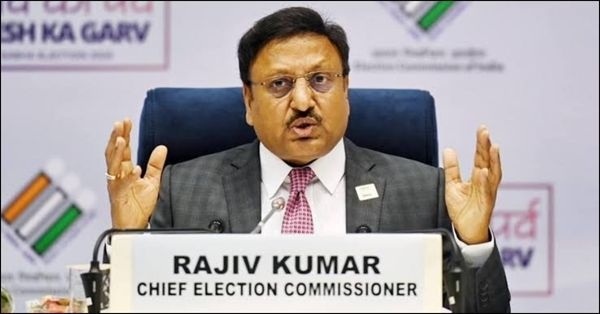
The outrageous remarks were soon rebuffed by the Former CEC Rajiv Kumar who affirmed, “The public answers the questions by participating in the voting. As far as EVMs are concerned, they are 100% secure and foolproof.” The body underlined that even though EVMs are pre-installed with fully charged batteries, the charge level decreases as they are used for counting, mock polls and actual voting.
Syed Shuja initially gained notoriety in January 2019 after contending that the 2014 elections had been “rigged” to ensure BJP’s victory. If his statement contained even a semblance of truth, it would imply that the United Progressive Alliance, headed by the Congress, was so inept that an opposition party managed to manipulate the elections while those in authority remained passive spectators.
He added that the EVMs were vulnerable to hacking during a Skype press conference in London. The scammer made a number of preposterous allegations on “rigged elections” in India. He even suggested that Gopinath Munde was killed as a result of finding out about the EVM tampering. Kapil Sibal also participated in the event, however, the party later tried to distance itself from the same.
“The charges made are very serious. I cannot vouch for them or deny them, as they have not been investigated. But they certainly need investigation. These should be looked into with an open mind by the Election Commission,” Abhishek Manu Singhvi had stressed, attributing credibility to the claims.
I.N.D.I. Alliance – not sure over their claims?
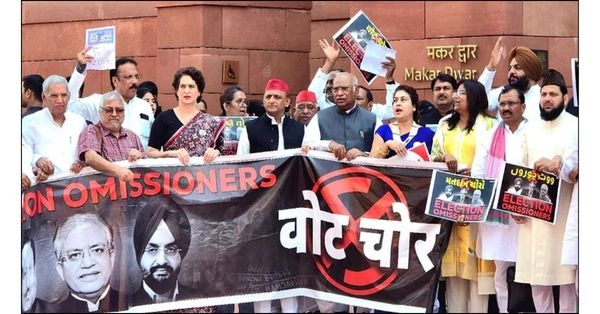
Various courts across the nation have rejected the allegations that EVMs could be compromised. Madras High Court, the Kerala High Court, the Karnataka High Court, the Bombay High Court, the Uttarakhand High Court and the Supreme Court, all of which have considered petitions on this subject and upheld the integrity of the EVMs.
“Prima facie, it is evident from a combined reading of the entire press release of ECI that this system is safe. The EVMs are not hackable. There cannot be any manipulation at the manufacturing stage. The results cannot be altered by activating a Trojan horse through a sequence of key presses. The ECI-EVMs cannot be physically tampered with,” the Uttarakhand High Court highlighted.
The Bombay High Court stated, “The Bombay High Court ordered a detailed forensic examination of the EVMs from the Central Forensic Science Laboratory (CFSL) Hyderabad for checking any manipulation, etc. The CFSL report clearly ruled out any tampering, alteration or manipulation in the EVMs. The said report was accepted by the high court, and the petition was dismissed.”
The Karnataka High Court conveyed, “This invention (EVMs) is undoubtedly a great achievement in the electronic and computer technology and a national pride.”
A petition requesting 100% matching between the Voter Verifiable Paper Audit Trail (VVPAT) and the Electronic Voting Machines (EVMs) during the vote-counting on 23rd May 2019, was termed as “nonsense” and junked by the Supreme Court. “We won’t entertain such a plea over and over again. Can’t come in the way of people electing their representatives. Let the country elect its government,” it pronounced.
The Election Commission, In 2017, had already challenged all parties, especially the Opposition, to hack the EVM amid repeated accusations by Congress, Left and the Aam Aadmi Party of rigging to benefit the saffron party. Nevertheless, in spite of the intense reactions regarding the alleged tampering, no political parties, scientists or technical experts stepped forward to substantiate their claims, even when given a prime opportunity.
Article by
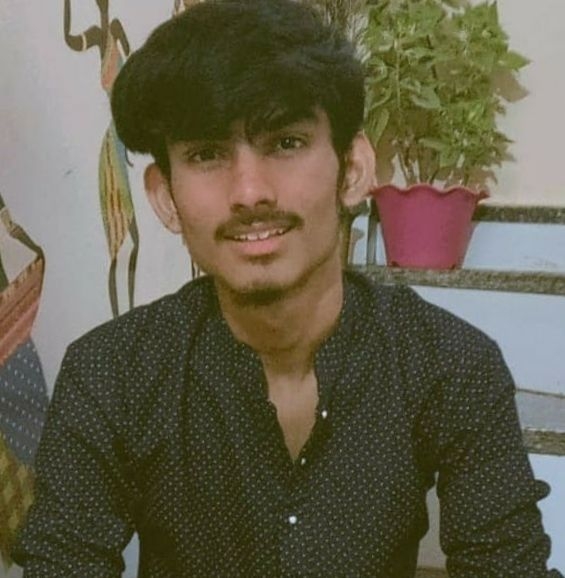
Kewali Kabir Jain
Journalism Student at Makhanlal Chaturvedi National University of Journalism and Communication

